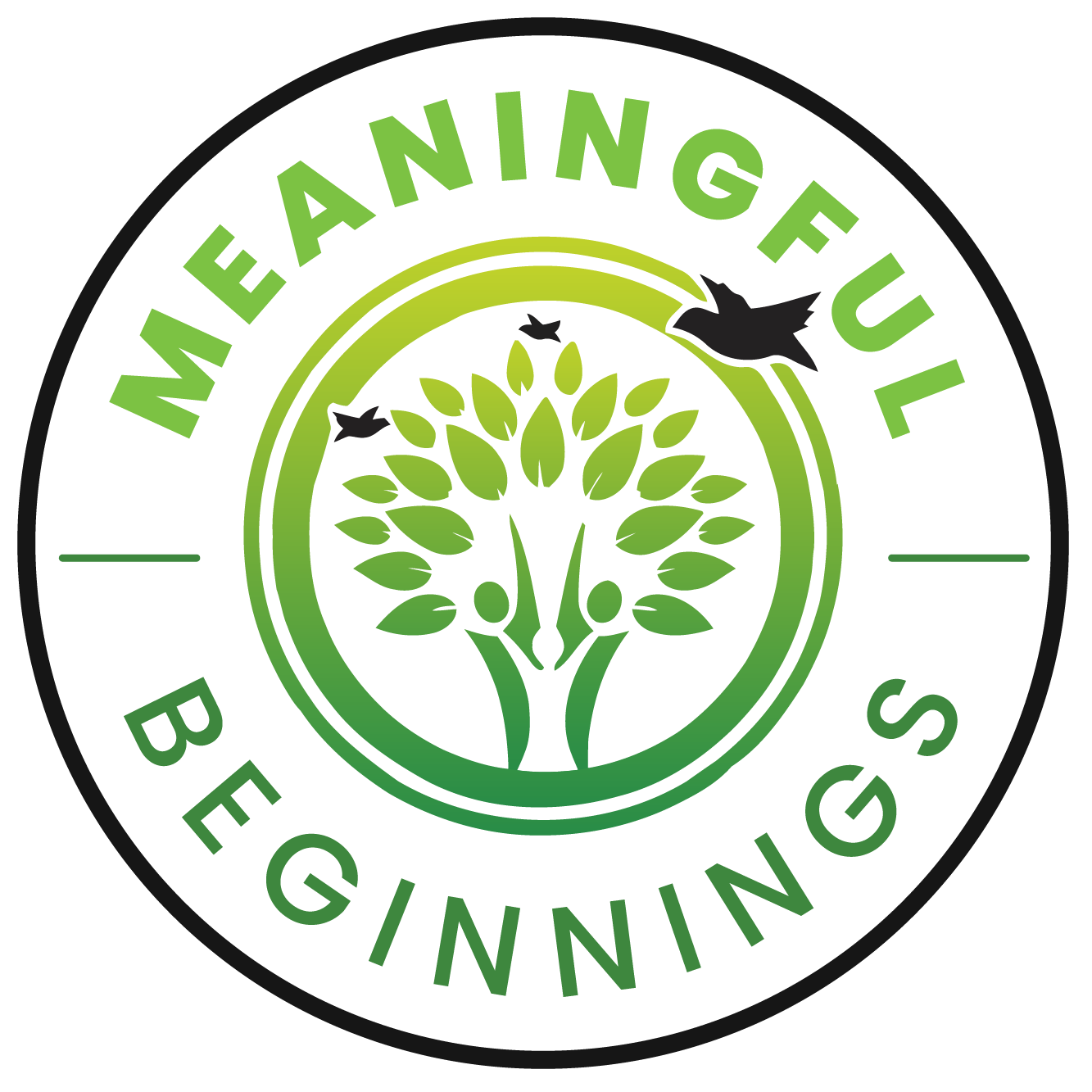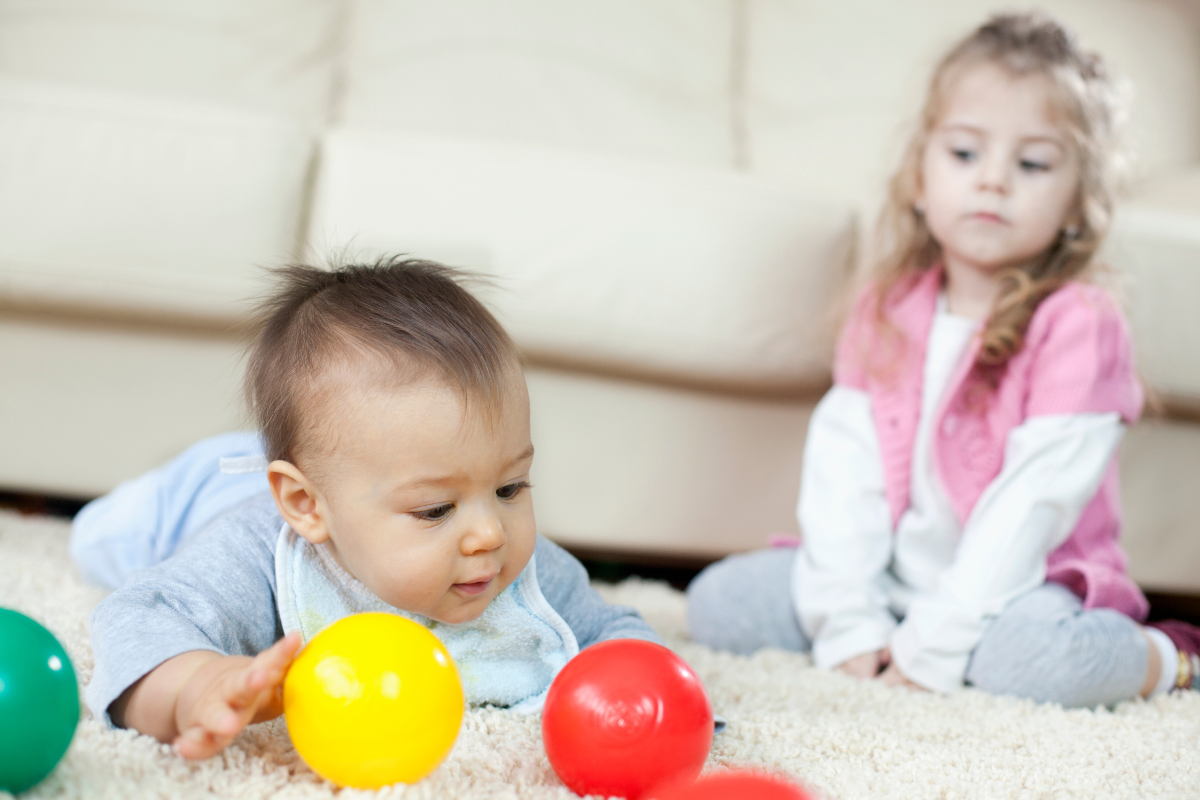When a new baby comes to a family, it is a joyful moment for every family member. They all become busy with the new baby. But here is another scenario. If the family has an old child, he is experiencing the division of his love.
It normally makes them jealous, and this is not good. It can be harmful for both the old child and the new baby. As a parent, you should deal with your old child’s jealousy of the new baby.
Some Tips to Deal with a Child’s Jealousy of the New Baby
Child’s jealousy of their newborn siblings is related to their emotions and needs to be handled carefully. With your bit of carelessness, your toddler may experience stress or depression.
So, here are the 8 essential and delicate Tips to Deal with a Child’s Jealousy of the New Baby:
1. Get Your Old Child Involved with the New Baby
It’s a great way to connect the old child and the new baby well. So, it’s necessary to increase our involvement with each other. For example, you could ask your child to pass you the bottle for a feeding. When changing their younger sibling’s diaper, check whether they will hold the cotton wool. If they’re unhappy in their car seat, you may even convince them to sing to their sibling in the rear seat.
Your old child will like having responsibilities and will feel much more included. However, a child may misinterpret vents, so you must provide guidance and know not to hold too high expectations for them.
2. Keep Your Old Child First Most of the Time
No matter how much you would ordinarily prioritize your newborn, giving them second priority a few times can help. The newborn baby has not grown his personality, so it’s not a big deal to give him priority all the time. But your old child has grown, and you need to give him priority all the time.
You can tell the infant you will get their older sibling’s snack while changing their diaper. You might also place the infant on the play mat while you play dollhouse with their older brother or sister—anything that demonstrates to old children that they are the best right now, this very second.
3. Listen to Them and Give Acknowledgement of Their Opinion
It can make all the difference in the world to acknowledge your older child’s opinions occasionally and to be “in it together.” Statements such as “Yes, babies do cry a lot, don’t they?” or “I’m sure you wish we could spend some time alone” will show them that you understand.
Children who have open, interactive contact with their parents are better able to handle stress. It increases their resilience.
4. Be Alert for an Old Child to Hit or Act Aggressively
Despite your deepest dislike, your older child will likely turn against their sibling. According to a survey, 46% of kids reported having experienced aggressiveness from their siblings, while 35.6% acknowledged having used aggression themselves.
The older child may hit, pinch, or toss a toy at their new sibling. Additionally, you may feel like yelling at them. The problem is that that’s sort of their goal. Instead, focus on making sure the infant is okay. After that, they’ll likely decide it was a waste of time and won’t disturb you again.
Aggression is lowered in families with strong bonds and positive parenting. However, aggressive behavior is linked to strict parenting. So, you should try to get your oldest sibling to talk about any jealousy or resentment they may have toward their younger sibling. They should communicate these feelings rather than hold them inside as they are normal.
5. Don’t Compare Your Old Child with the Newborn
Be conscious. Never compare your older child with their younger sibling. There is no need to tell your older child that they can’t be more like their baby brothers and sisters. These types of approaches are very unnecessary and unhelpful. Even you should contradict yourself at the time you want to tell.
6. Be More Conscious of Old Child for a While
You need to be more conscious of your old child. You never leave your newborn child in a time of jealousy. It can be harmful, and any accident can happen. The most vulnerable age range for accidents at home is under four years old. Horseplay, which includes pushing, shoving, and wrestling, is a significant cause of accidents.
Other things to watch out for include smaller babies or youngsters being pushed or pulled over by big objects, including televisions and furniture. Drawer sets may seem like the perfect climbing structures to kids, but if they’re not secured, they can fall over quickly. Additionally, small toys, peanuts, and pebbles might cause choking, inhalation, or swallowing in young children.
Sit your child on the floor on a padded surface and assist them in supporting the infant if he asks to hold his new sibling.
7. Find Out How Much the Baby Likes their Older Sibling.
Your older child will feel like they are genuinely contributing to the happiness of their smaller sibling if you tell them things like, “Look how much they love you,” or “They won’t stop watching how good you are on your bike.” Children can better handle stress when their parents are responsive, authoritative, and warm. If their confidence increases, they will react to the change in their lives more positively.
8. Please Don’t Be Worried, It Won’t Last for Ever
Young children’s jealousy of their younger siblings may seem like a never-ending phase. But it will, just like all of them. They’ll be best friends (and teaming up on you) before you realize it. Additionally, remember that having a sister benefits your toddler and newborn socially and emotionally.
Final Words
The old child’s jealousy comes from the family members’ behaviors. All the family members should be careful about the older child when a newborn comes home. If all the members are conscious of this matter, it will be a good family with a smile.








